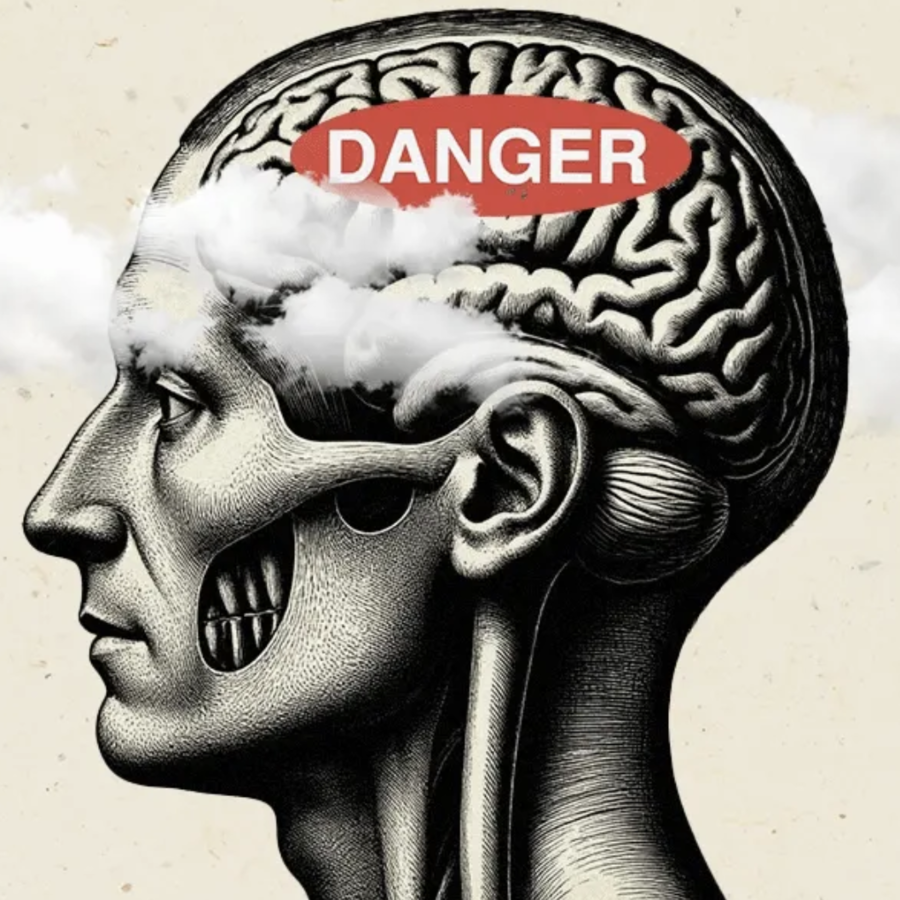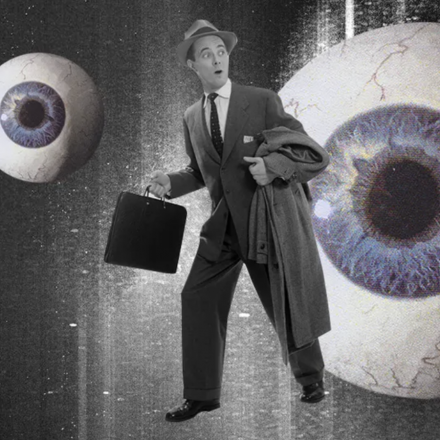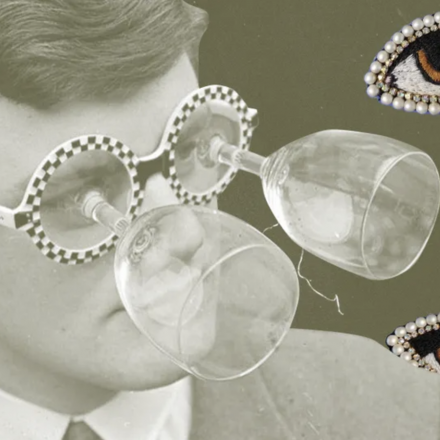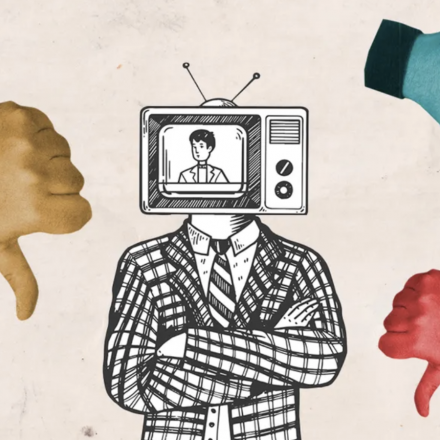Imagine how a fast-food restaurant works: everything runs like clockwork. The manager opens the doors at 8 a.m., the staff goes about their usual tasks — heating the meat, prepping the vegetables, laying out the trays. Everything follows well-established routines based on years of data. Thanks to this, customers get their food quickly, without chaos or unnecessary delays.
Our brain works in a very similar way. It constantly analyzes past experience to predict the future and save its resources. This helps make quick decisions — you don’t have to relearn that hot things burn or that it’s better not to walk in the dark without a flashlight.
But here’s the catch: the brain doesn’t like uncertainty, so it often anticipates the worst-case scenario. Why? Because it’s a protection mechanism. You might not think about what happens if everything goes well, but you’ll be ready for trouble.
Scientific studies by Karl Friston and Lisa Feldman Barrett show that the brain strives to avoid surprises, and the accuracy of its predictions heavily depends on your emotional state. If you’re stressed or down, your brain will see the world through dark lenses and ignore ways out of tough situations. But if you’re inspired and full of energy, you might overlook warnings and take more risks than you should.
Traumatic experiences strengthen this mindset: someone who’s survived a serious car accident might fear driving for years. For the brain, the past isn’t just memory — it’s reality, so it builds protective predictions to prevent fear from happening again.
But here’s the good news: you can train your brain’s predictions. The more positive experiences you have, the stronger they’ll override fears and doubts. Surround yourself with inspiring people, analyze what you’ve been through — even if it hurts at first — and over time, negative memories will turn into neutral ones or maybe even become a source of humor.
Another powerful tool is imagination. When you dream and picture a bright future, your brain treats it as reality and triggers neural processes that boost your mood and confidence.
So remember this: your brain sets you up for the worst not to make life harder, but to protect you. Yet in today’s world, this mechanism often goes overboard and prevents you from living fully.
If negative thoughts overwhelm you, take a break — tomorrow or in a few days, your mind will be clearer and lighter. Take control of your brain instead of letting it control you.


















